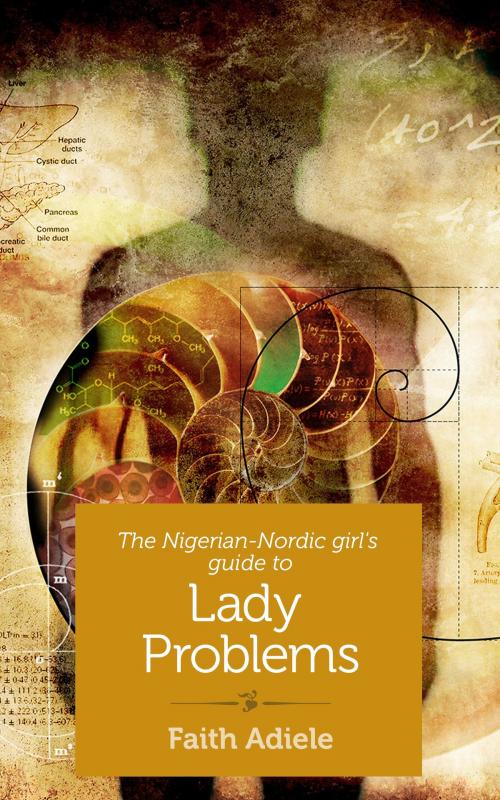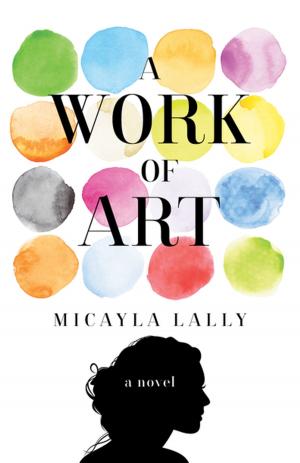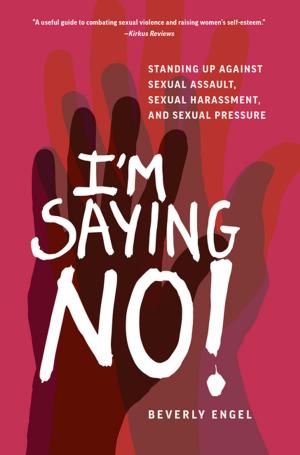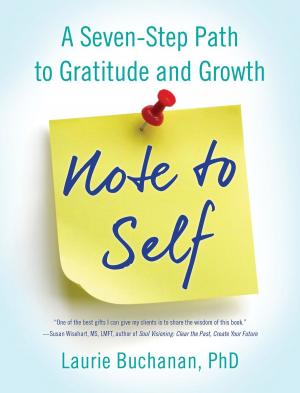| Author: | Faith Adiele | ISBN: | 9781940838076 |
| Publisher: | She Writes Press | Publication: | December 10, 2013 |
| Imprint: | SheBooks | Language: | English |
| Author: | Faith Adiele |
| ISBN: | 9781940838076 |
| Publisher: | She Writes Press |
| Publication: | December 10, 2013 |
| Imprint: | SheBooks |
| Language: | English |
What’s a Nigerian-Nordic-American girl to do when she develops fibroids in rural Iowa? Battle the American health care system or summon Nordic mythology and traditional Nigerian medicine? While at the renowned Iowa Writers’ Workshop to write a book about meeting her African father and siblings as an adult, Faith Adiele develops a medical condition that can be interpreted—and treated— completely differently according to her three cultural backgrounds. Frustratingly, each tradition suggests that Adiele herself is responsible for her condition (and potential barrenness) for having violated gender or racial norms. While wittily detailing her struggles with doctors determined either to remove or to use her uterus as a Midwestern teaching tool, she draws parallels to history: her Nordic family’s immigration experiences, her Nigerian family’s independence struggles, and the fate of women, the poor, and folks of color in American medicine. Adiele takes a clear-eyed, sharp-tongued look at healing, from Western science to a good metaphor to Nigerian healers advertising the cure for “Lady Problems.”
What’s a Nigerian-Nordic-American girl to do when she develops fibroids in rural Iowa? Battle the American health care system or summon Nordic mythology and traditional Nigerian medicine? While at the renowned Iowa Writers’ Workshop to write a book about meeting her African father and siblings as an adult, Faith Adiele develops a medical condition that can be interpreted—and treated— completely differently according to her three cultural backgrounds. Frustratingly, each tradition suggests that Adiele herself is responsible for her condition (and potential barrenness) for having violated gender or racial norms. While wittily detailing her struggles with doctors determined either to remove or to use her uterus as a Midwestern teaching tool, she draws parallels to history: her Nordic family’s immigration experiences, her Nigerian family’s independence struggles, and the fate of women, the poor, and folks of color in American medicine. Adiele takes a clear-eyed, sharp-tongued look at healing, from Western science to a good metaphor to Nigerian healers advertising the cure for “Lady Problems.”















